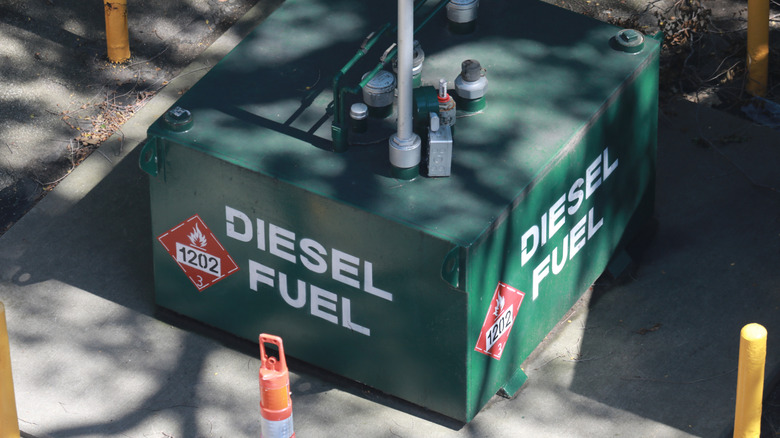What Is Diesel Fuel Polishing And Can It Help Save You Money?
Like any other stored commodity, diesel fuel deteriorates with time, especially if it is kept motionless in tanks used for fleet systems, marine engines, or backup generators. Recognizing bad diesel fuel is critical, as this degradation can result in microbial growth, water contamination, and sediment accumulation, all of which hamper engine performance. Enter diesel fuel polishing, a filtration method for cleaning stored diesel without draining or replacement required, so it can be reused.
By means of a sequence of filters and separators, fuel polishing removes water, sludge, microbial contamination, and other particulates from diesel storage tanks. Fuel polishing is a more complete system-level maintenance fix than conventional fuel filtering, which occurs on a vehicle's fuel line. For critical infrastructure like data centers or hospitals where generator dependability is non-negotiable, it is especially helpful.
So why polish rather than replace? To put it simply: dependability and cost. Contaminated fuel can cause clogged injectors, engine knocking, or total engine failure, all of which are more expensive to fix than regular maintenance. Clean fuel not only guarantees engine readiness but also increases equipment lifetime, in turn lowering long-term maintenance costs.
How the fuel polishing process works
Usually involving diesel from the tank, water and solids are filtered, and the clean fuel, sometimes with added biocides, is returned into the tank. Systems can be integrated into the current backup generator architecture, portable, or permanently installed. Using multi-stage filtration, including water separation, particulate capture, and occasionally UV treatment or chemical additions to stop future microbial growth.
This process serves purposes beyond only large-scale industrial ones. Fleet operations, agricultural storage, maritime uses, and even RV owners seeking to save seasonal fuel supplies all rely on fuel polishing more and more. Because diesel fuel degrades over time, diesel that has been sitting for around a year is due for a polishing, particularly in conditions prone to temperature fluctuations, humidity, or tank condensation, all of which encourage microbial and particulate growth.
Although diesel fuel can theoretically run for up to 12 months, the varying storage conditions usually cut that lifetime. Regular polishing and fuel testing become indispensable instruments to keep operations running without needless refills or emergency mishaps.
Can it helps save you money?
Diesel fuel polishing appears at first to be an additional maintenance expense, but it is actually a preventative measure. Regular polishing can help prevent the high costs related to engine damage, system outage, and emergency fuel replacement. Polishing is far less expensive than throwing away old fuel and replacing it, which in big tanks can cost several dollars per gallon.
Eliminating sludge and microbial contamination also helps to avoid filter clogging and injection repairs or replacement. Polishing not only increases the shelf life of stored fuel but also guarantees combustion quality, improving engine efficiency and so lowering fuel consumption over time. As we know, diesel is more efficient than gas, so these maintenance steps are crucial if you want to keep it that way and reduce your costs.
Avoiding a single equipment failure helps operators running large fleets or critical standby power systems offset the cost of fuel maintenance over an entire year. Although not every diesel user needs to engage in fuel polishing, those who depend on stored fuel, especially over long periods, will find it a reasonable undertaking that ultimately results in more consistent performance and fewer surprises.


